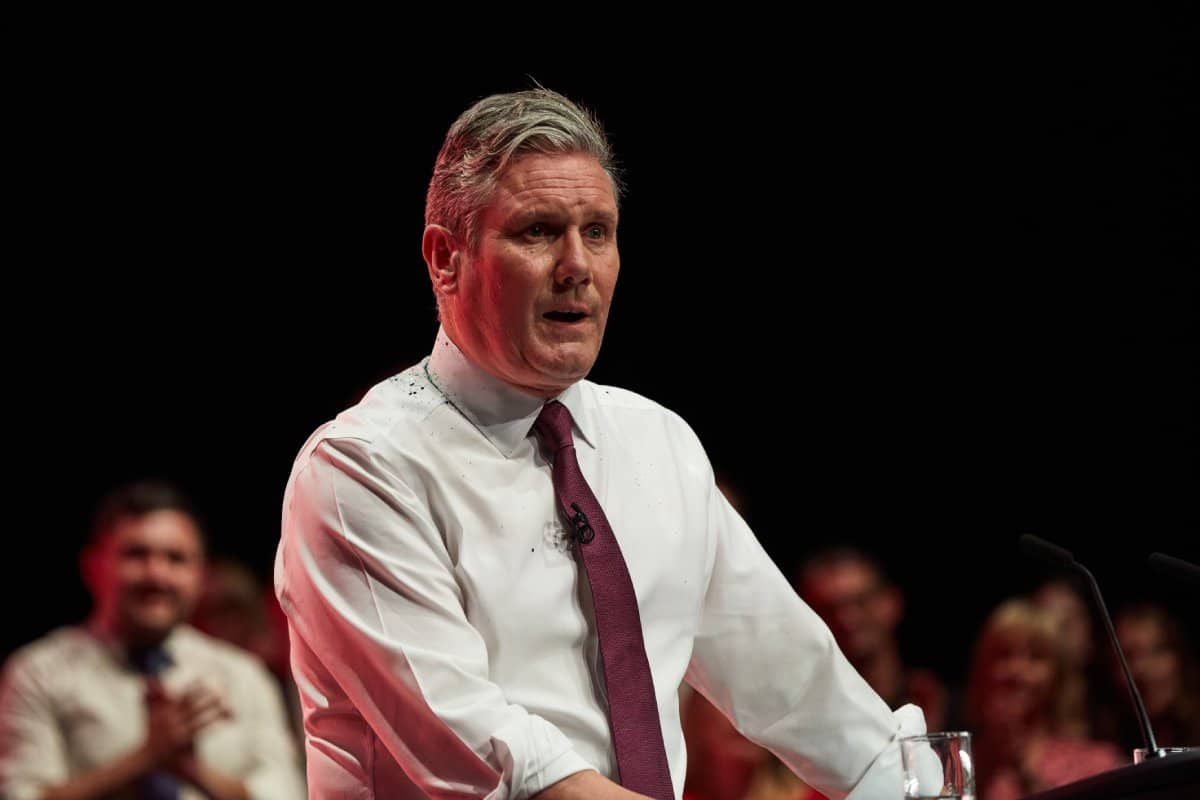As Prime Minister Keir Starmer prepares for his first face-to-face meeting with President Biden at the NATO summit, he has pushed for increased defence spending and European security responsibility amidst growing international tensions. Here’s the full story.
Starmer’s Trip to the US
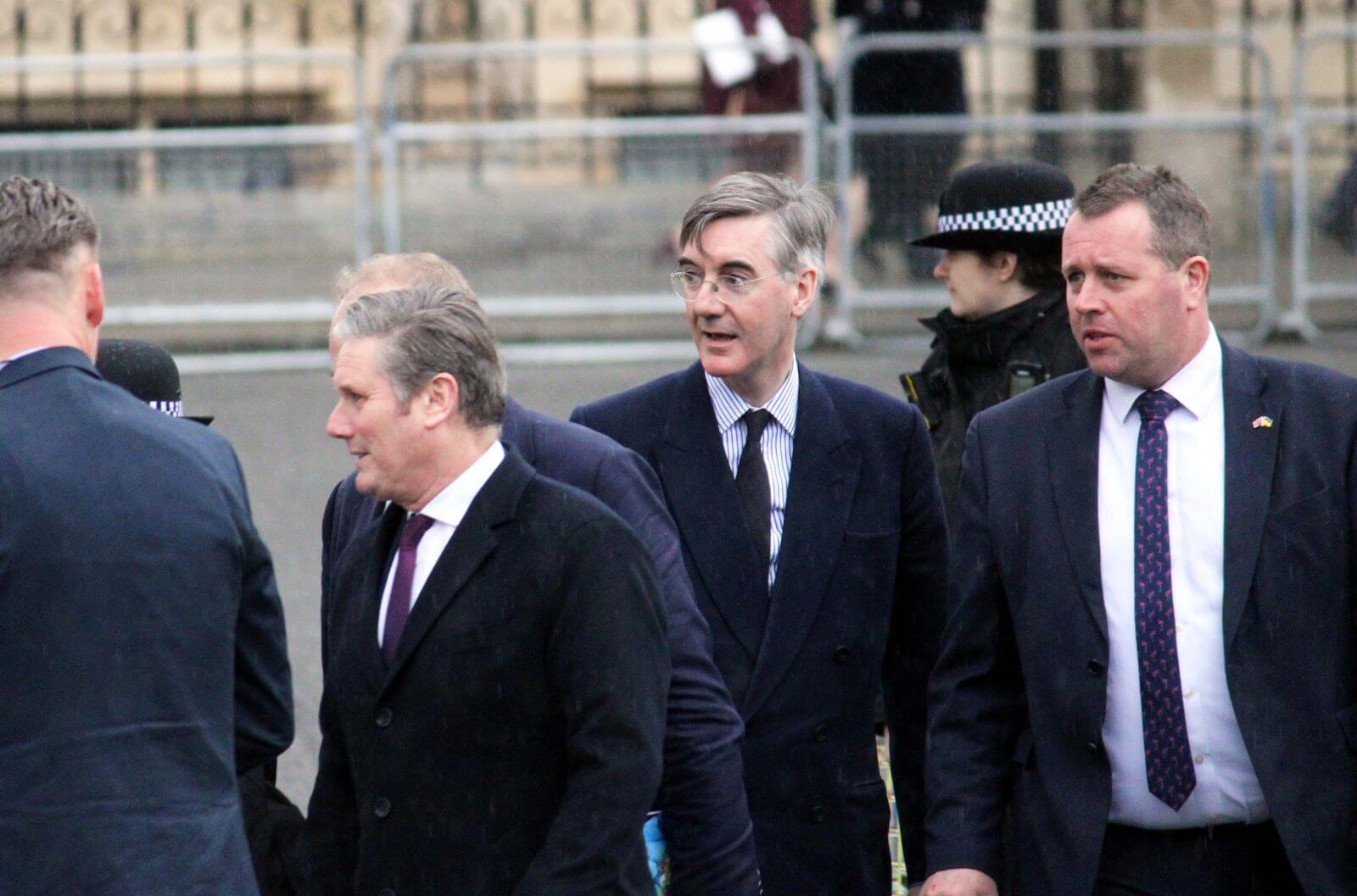
As Prime Minister Keir Starmer headed to the US for his first meeting with President Joe Biden in the White House and his first major international event, the NATO summit held in Washington DC, the future of US-UK relations has come into sharp focus.
“Special Relationship”
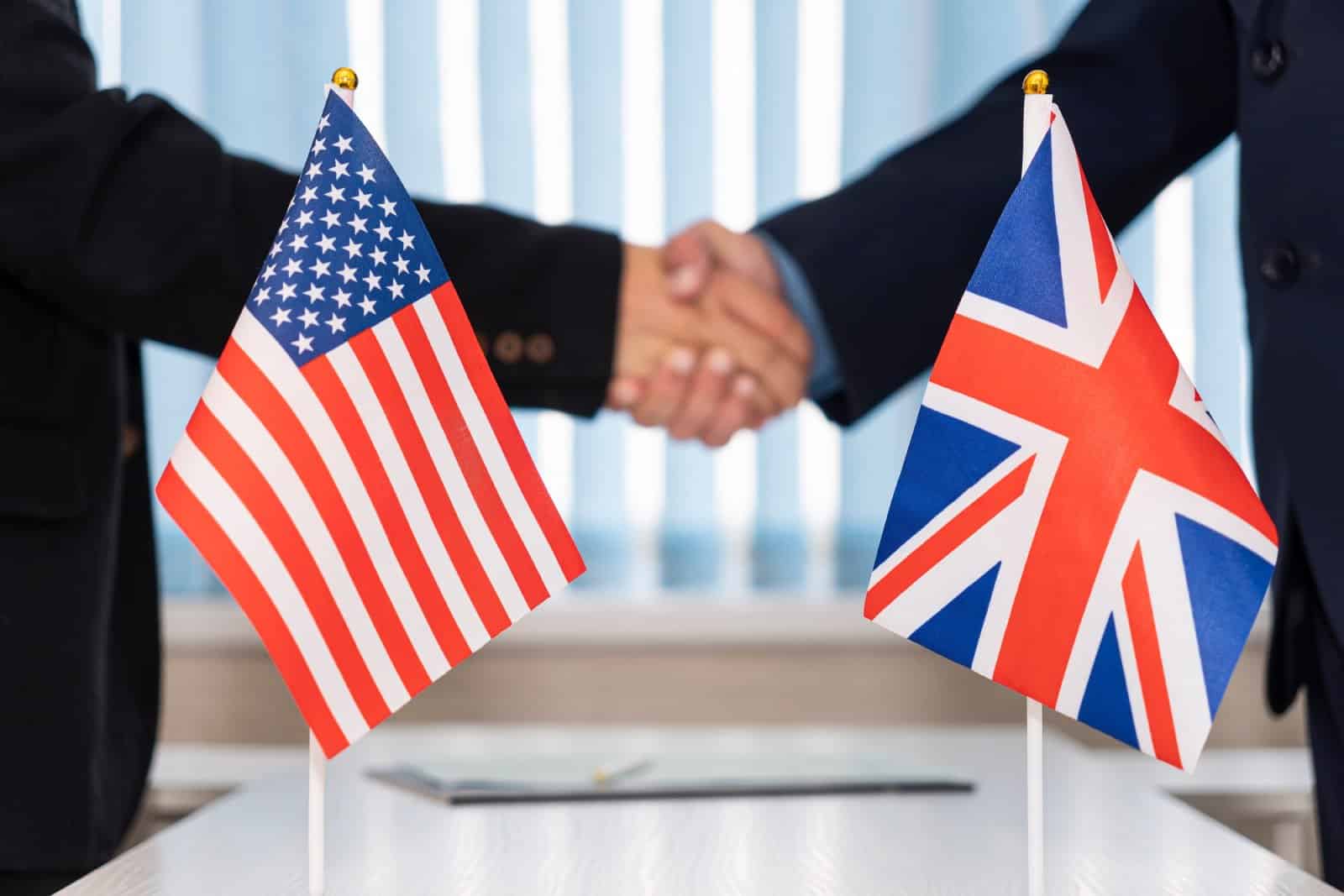
Before leaving, Starmer highlighted the longstanding alliance between the UK and the US, which the Prime Minister called “a very special relationship,” stating, “Today, and tomorrow, and the next day is all about standing together with our allies.”
Commitment to Defence Spending
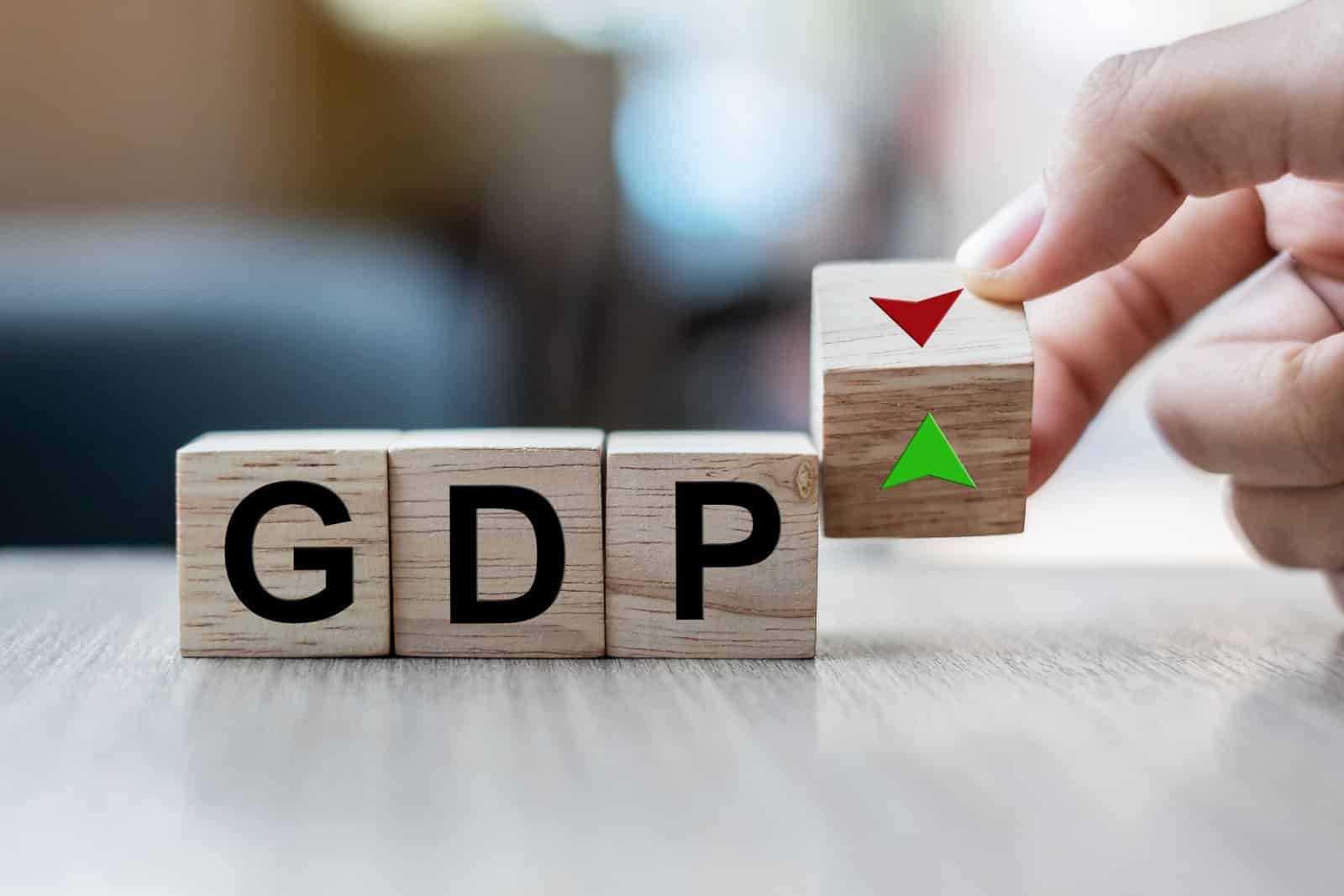
Prime Minister Starmer reiterated the UK’s commitment to increase defence spending to 2.5% of GDP during his flight to the US. However, he did not specify a timeline for achieving this target. Instead, a defence review ordered by the new government will outline a roadmap towards this goal.
Defence Review Necessity
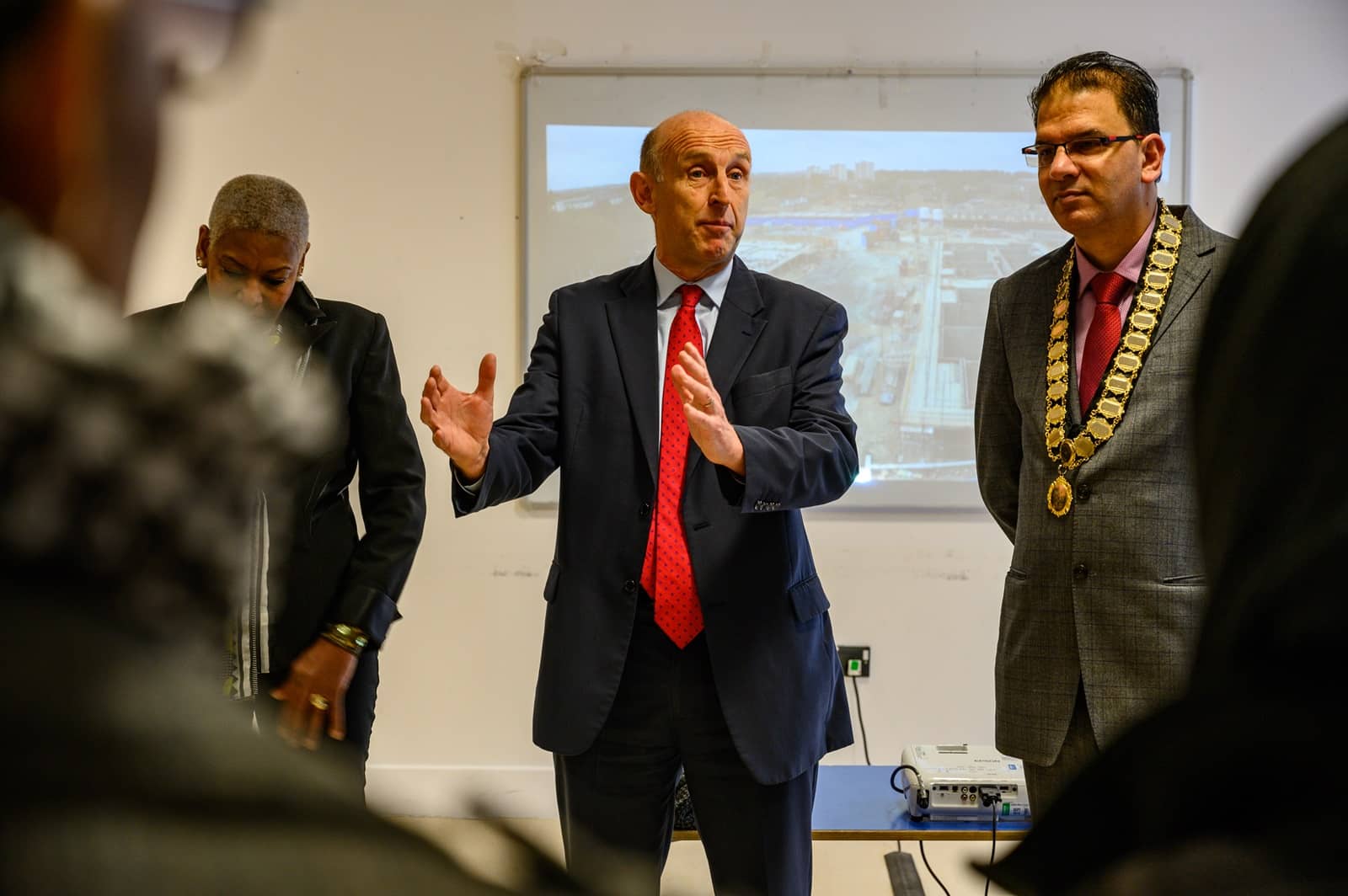
Defense Secretary John Healey emphasised the necessity of this review, arguing that it would help the government to “get to grips with the threats we face, the capabilities we need for the future, the state of our armed forces.”
NATO Summit Call
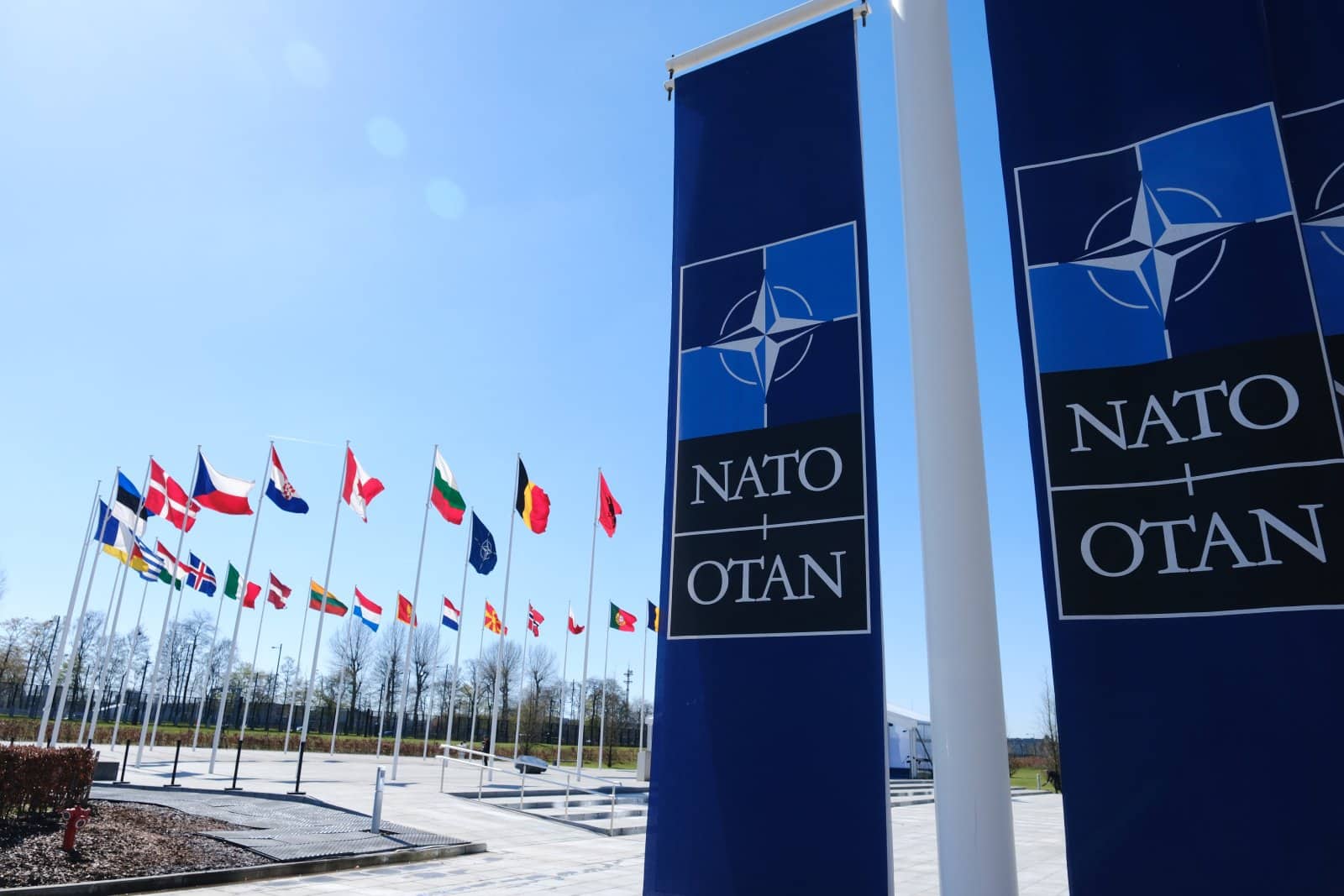
Starmer used the NATO summit to urge other member countries to boost their defence spending. Currently, 23 out of 32 NATO members meet the alliance’s spending requirement of 2% of GDP, a significant increase from four years ago. Defense Secretary Healey will host a roundtable in Washington to discuss the need for all countries to reach the 2% target.
“Ready to Defend”
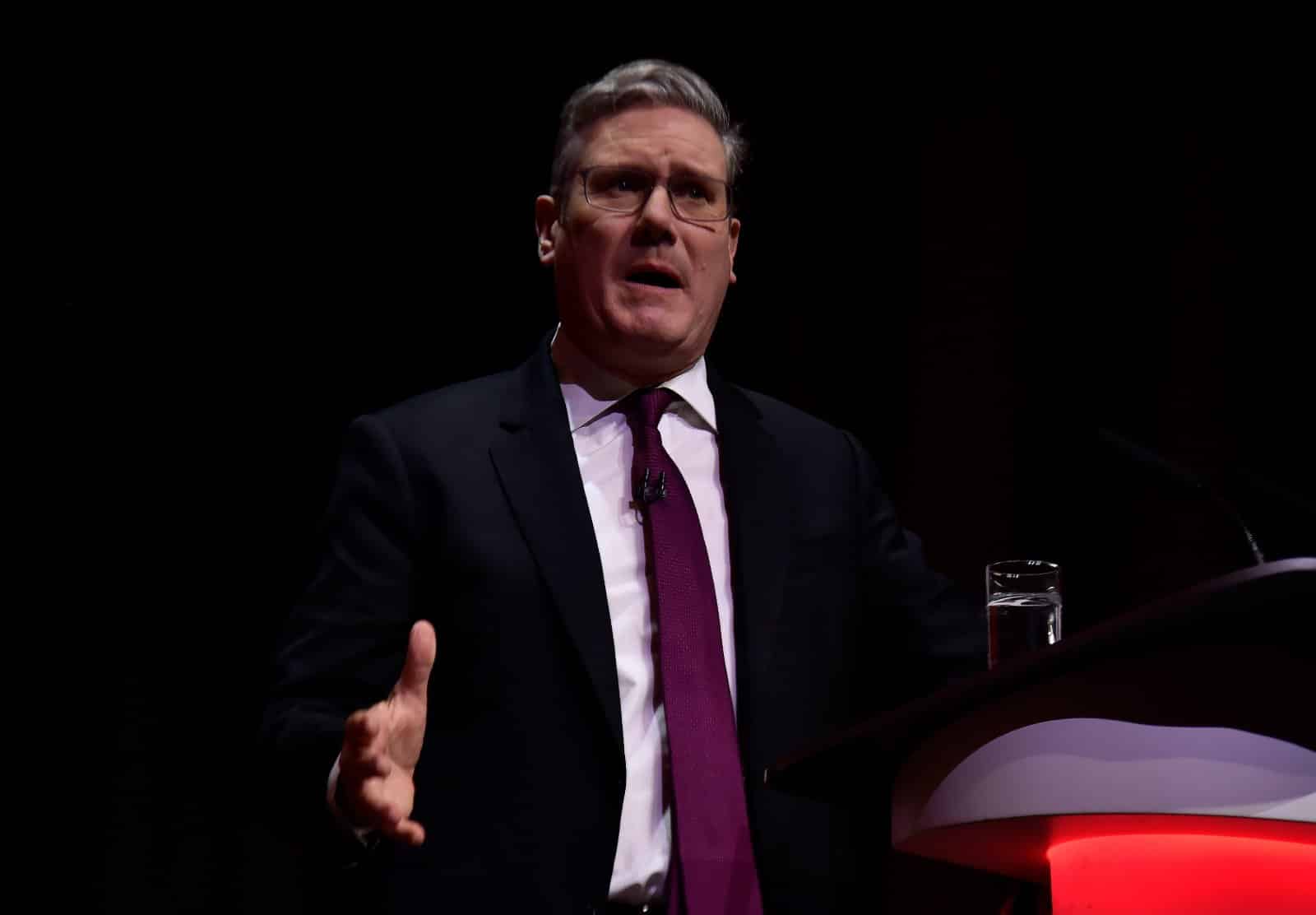
Starmer stated, “At a time when we face multiple threats at home and abroad, we must make sure we are ready to defend ourselves. That’s why I have immediately ordered a root-and-branch review that will secure Britain’s defences for the future.”
Trump Factor

This call for increased spending comes at a critical time, especially considering the potential implications of Donald Trump winning the upcoming US presidential election and his historically isolationist foreign policy stance.
European Flank Preparedness
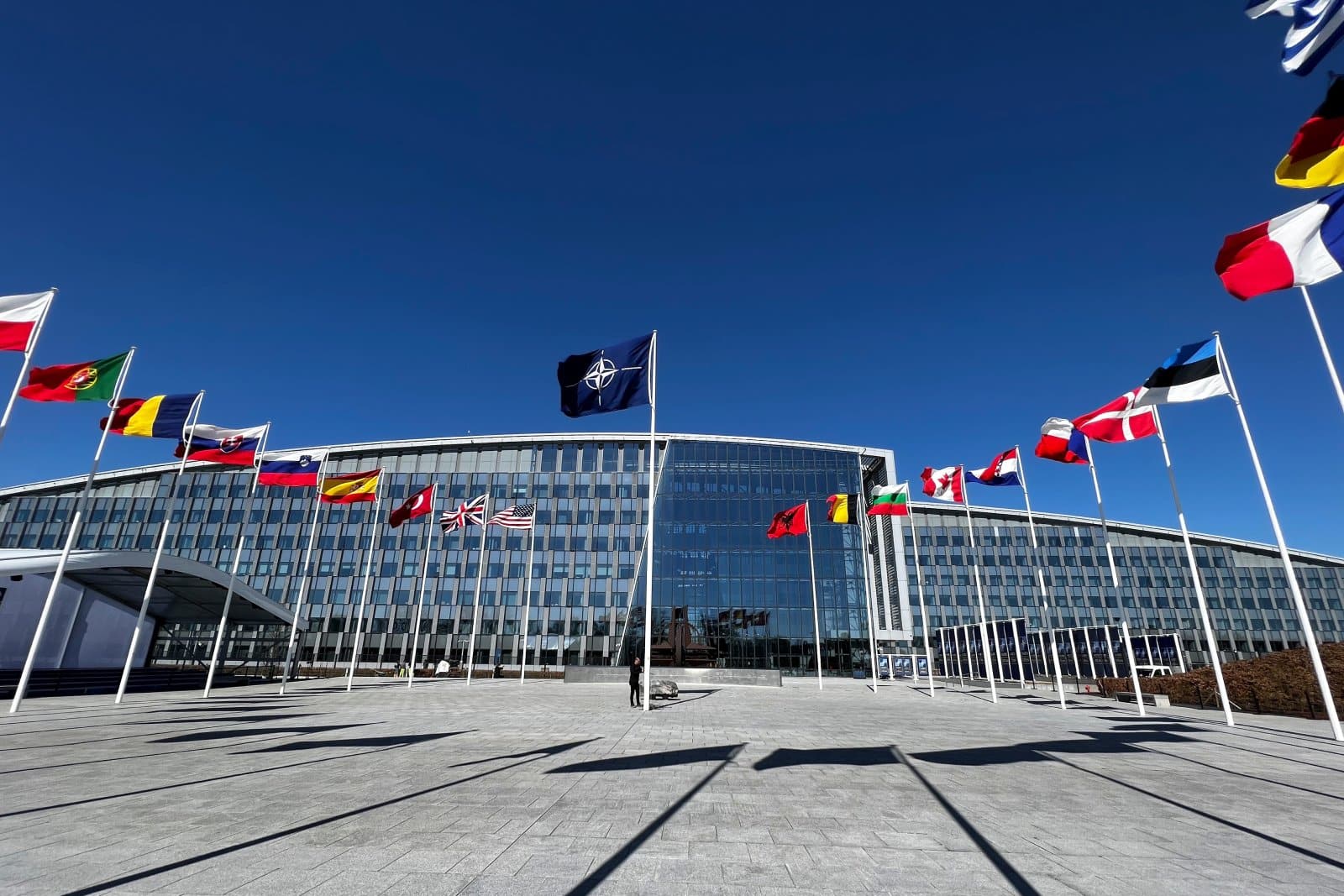
A key issue discussed at the NATO summit was the preparedness of NATO’s European flank to defend itself without full US support. The debate has gained urgency in light of potential shifts in US foreign policy, particularly if Trump were to return to office.
Greater Responsibility Urged
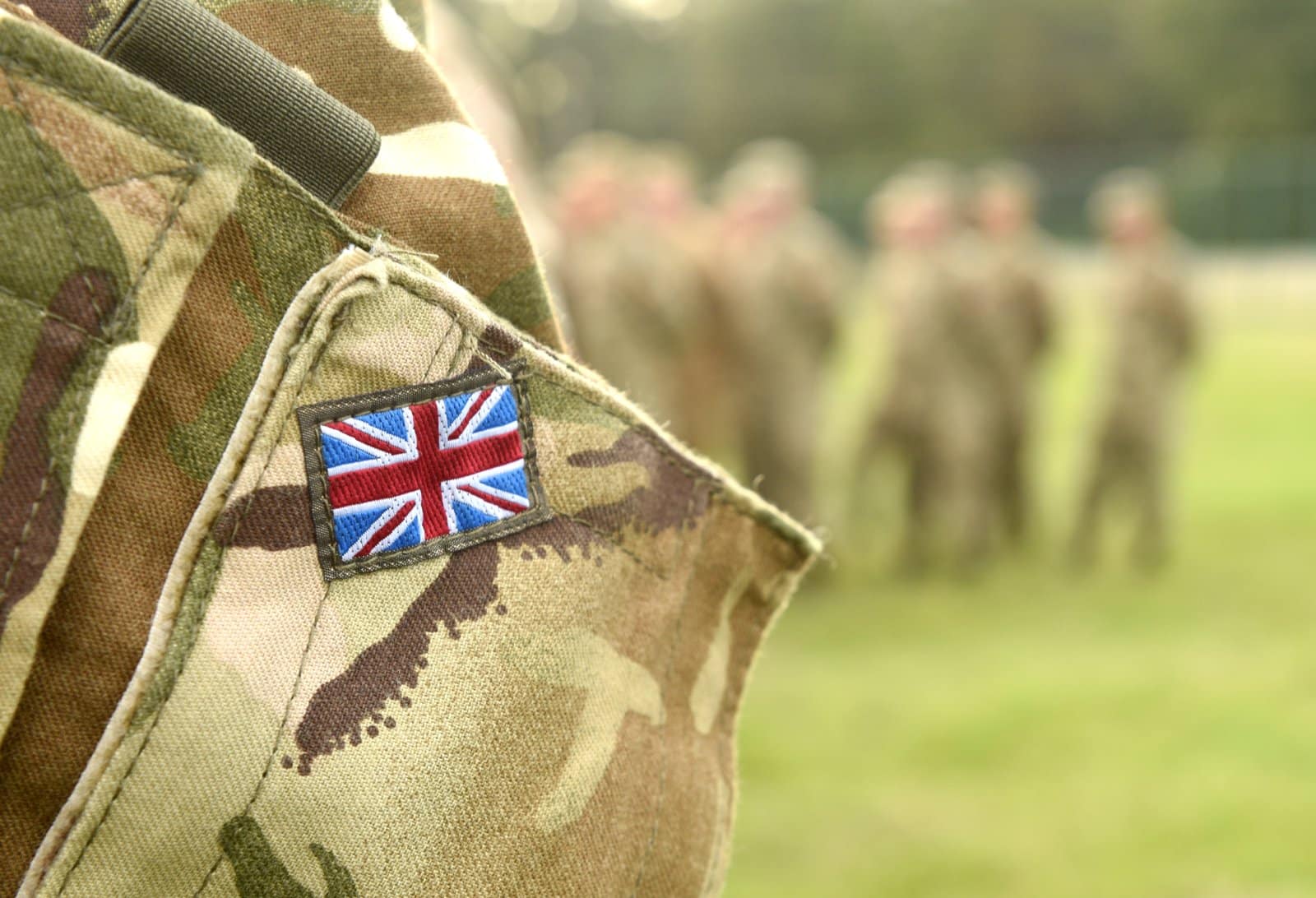
British defence experts, such as Malcolm Chalmers from RUSI, suggested that European states must take greater responsibility for their own defence. Chalmers wrote, “Given the overstretch facing US armed forces, the years ahead could see a greater division of labour among Western allies, in which European states do more for their defence, and the US focuses more of its effort in East Asia.”
Sanders’ Urgent Call
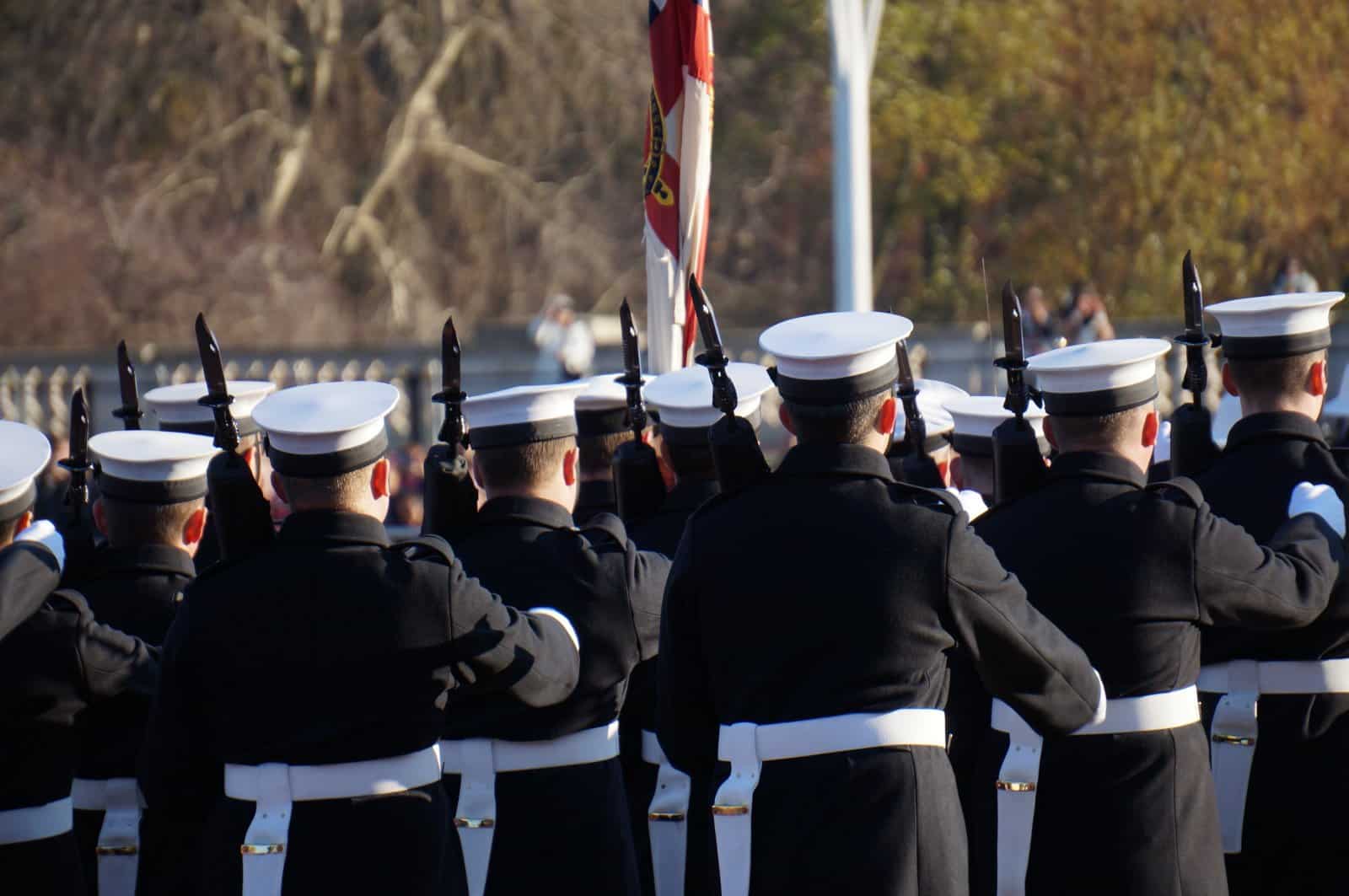
Similarly, General Patrick Sanders, the outgoing head of the British army, has urged the new government to commit to the 2.5% defence spending target by 2030 and even consider going above and beyond this figure, which would reach £87 billion a year by 2030.
Difficult Economic Situation

Speaking to POLITICO, Sanders stated, “Labour are inheriting an extraordinarily difficult economic situation and the world is a lot more dangerous. So instinctively, I think that we should be spending at least 2.5 percent by 2030 and on the level of ambition that we have, we should get to 2030.”
Modernisation and Investment
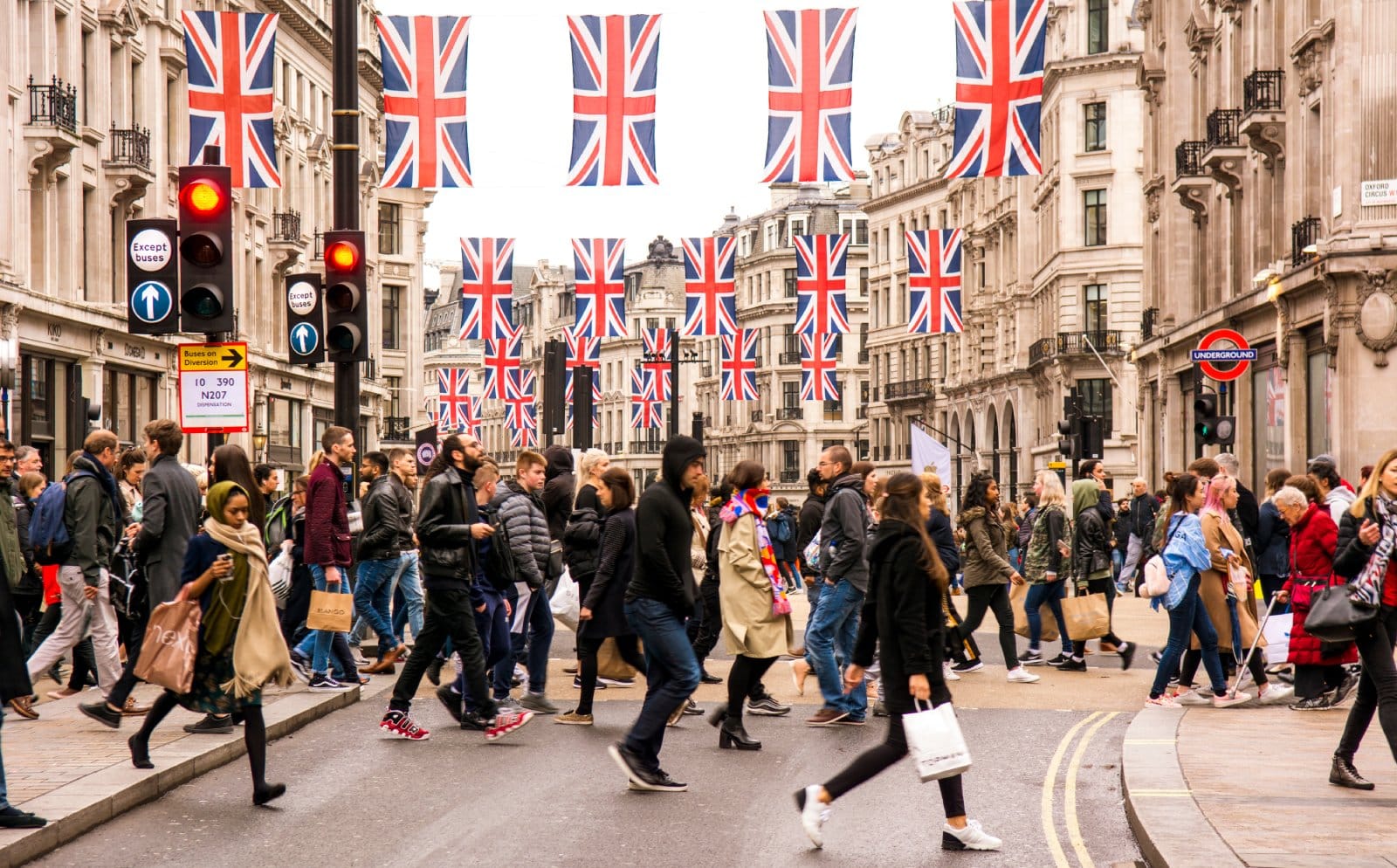
He added, “We need to act with some urgency. We’ve got the renewal of the nuclear deterrent, which is a huge amount of money, and we’re trying to modernise the navy, the army, and the air force, to regrow our industrial base, to make sure that our people are rewarded properly and to invest in accommodation.”
European NATO Responsibility
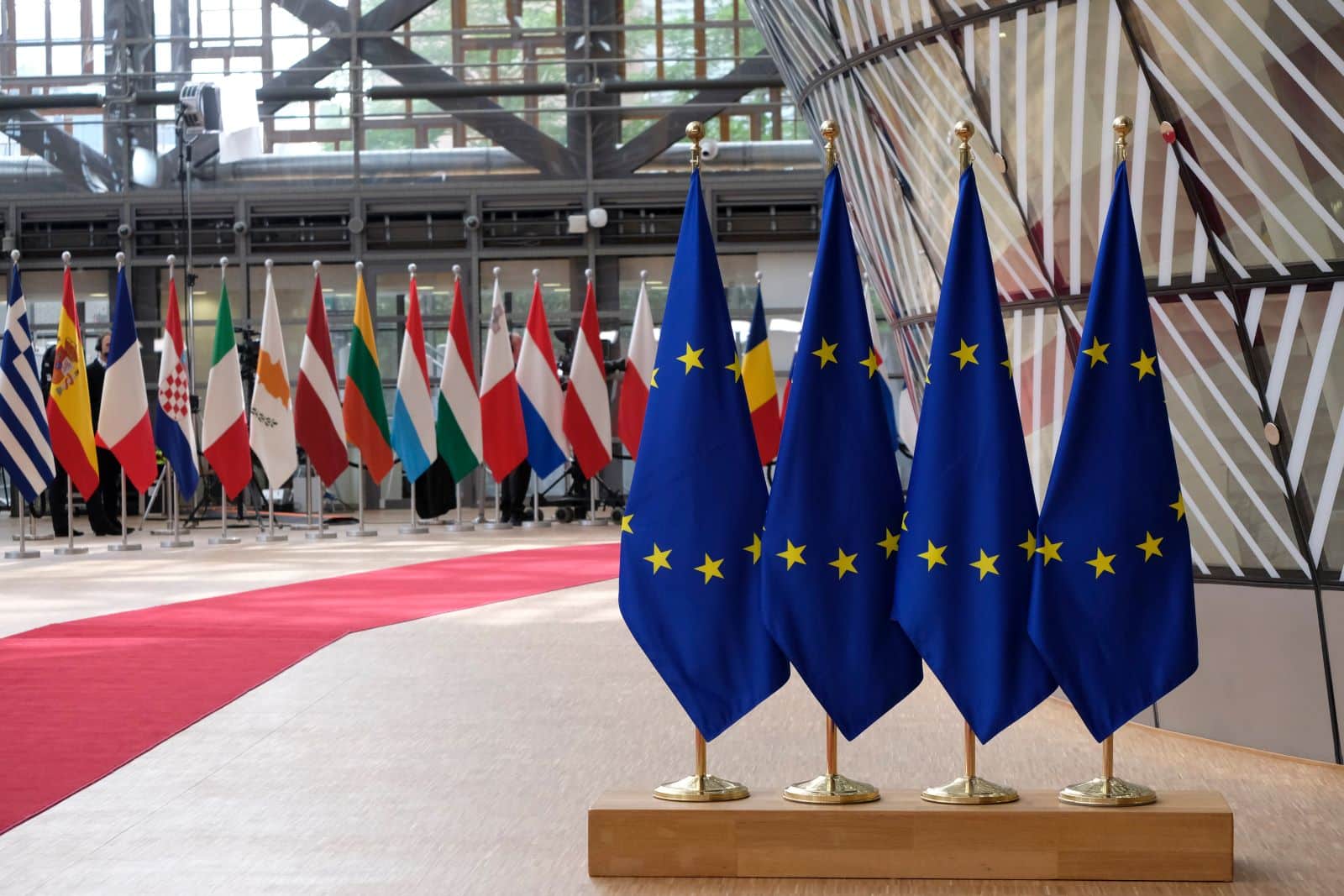
General Sanders also agreed with Chalmers regarding the importance of European NATO members taking greater responsibility for their security. He welcomed the government’s pledge to reach a new security and defence agreement with the EU, pointing out that the US is increasingly focused on potential conflicts in the Asia-Pacific region, making it imperative for European countries to shoulder more of the defence burden.
Key Meetings Ahead
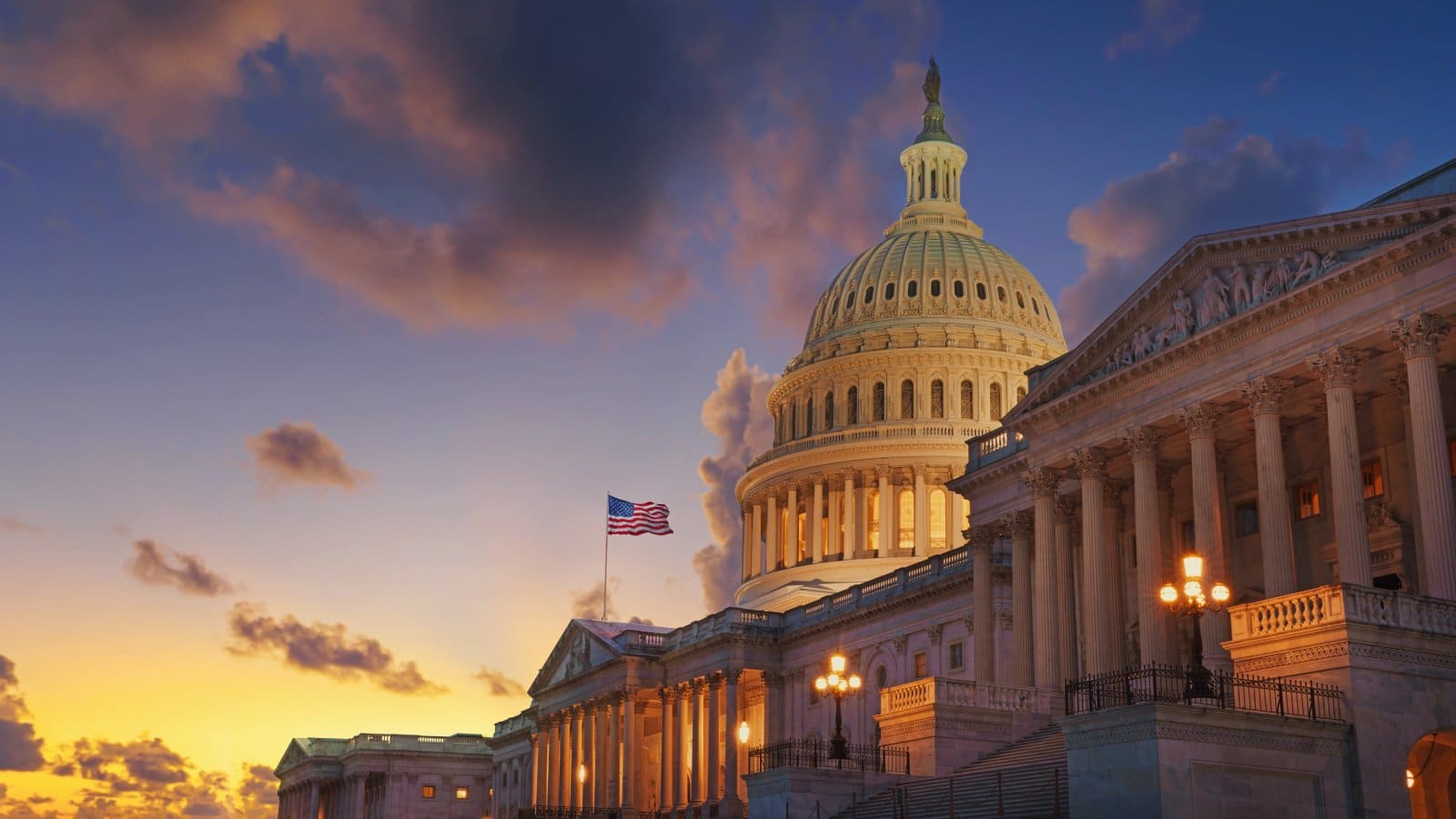
As Prime Minister Starmer heads to Washington, he is meeting Biden, Germany’s Chancellor Olaf Scholz, and Ukrainian President Zelensky in what will be his first real test of statesmanship since winning the election.
Security on the Line
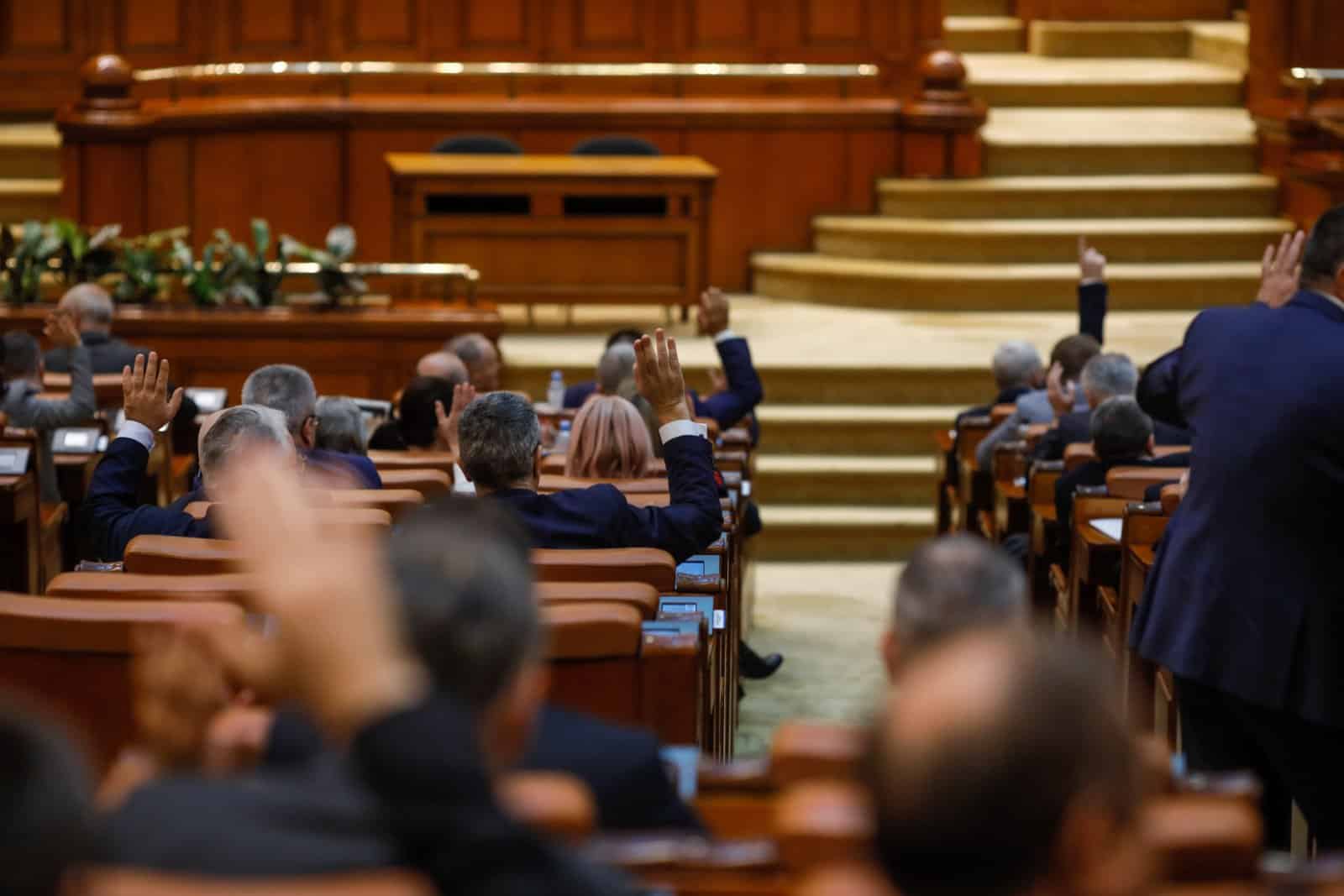
With the international situation growing increasingly tense, Starmer’s ability to maintain the UK’s alliances will be paramount as European and World security looks ever more tenuous. Whether the newly elected Starmer is up to the task remains to be seen.
Russia Retreats as Western Allies Greenlight Ukraine’s Offensive
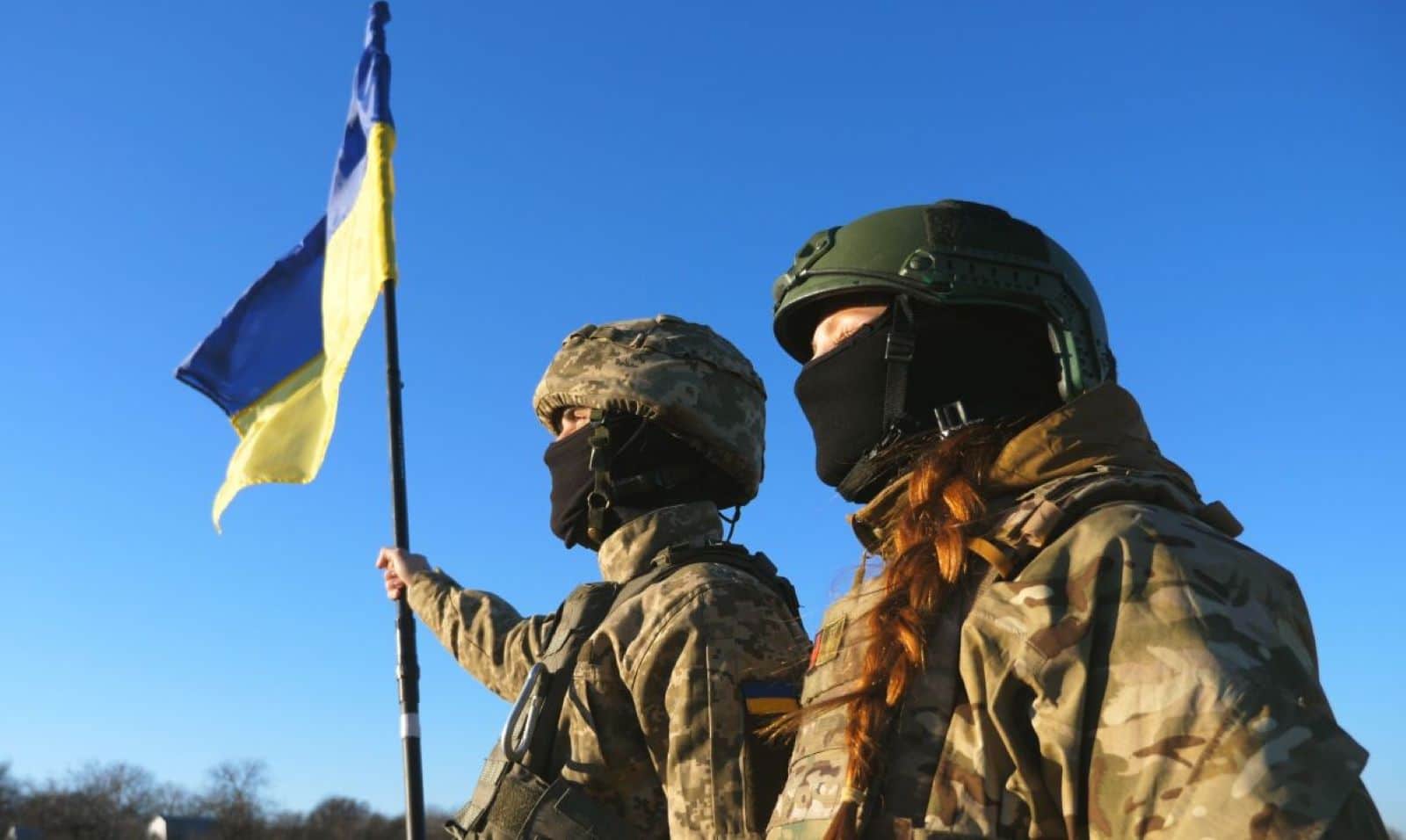
Recent Russian territorial gains in Ukraine could be reversed following a dramatic policy change from the US and Germany. The announcement could see a substantial tactical shift from both sides in the coming months. Russia Retreats as Western Allies Greenlight Ukraine’s Offensive
21 Lies You’ve Been Told About the British Royal Family
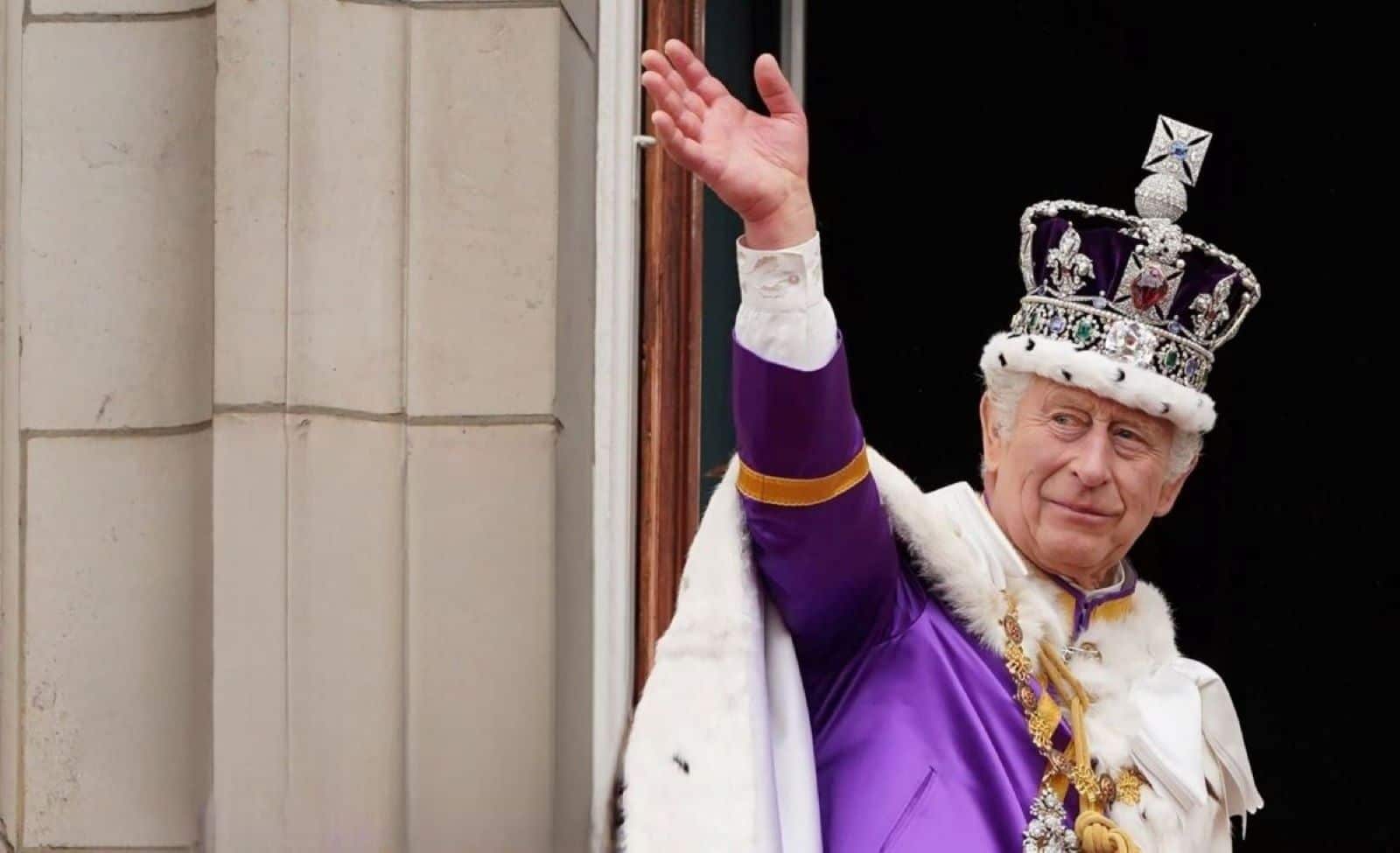
Ever thought you had the British Royal Family all figured out? Think again! From their powers and privileges to their personal lives, there are plenty of misconceptions floating around. Let’s dive into the myths and uncover the truths that might just surprise you. 21 Lies You’ve Been Told About the British Royal Family
18 Nations Tired of British Tourists

British tourists are known for their high spirits and adventurous nature, but not all countries appreciate their presence. Here’s a candid look at 18 countries where British tourists might not be as welcome as they think. 18 Nations Tired of British Tourists
Featured Image Credit: Shutterstock / Martin Suker.

